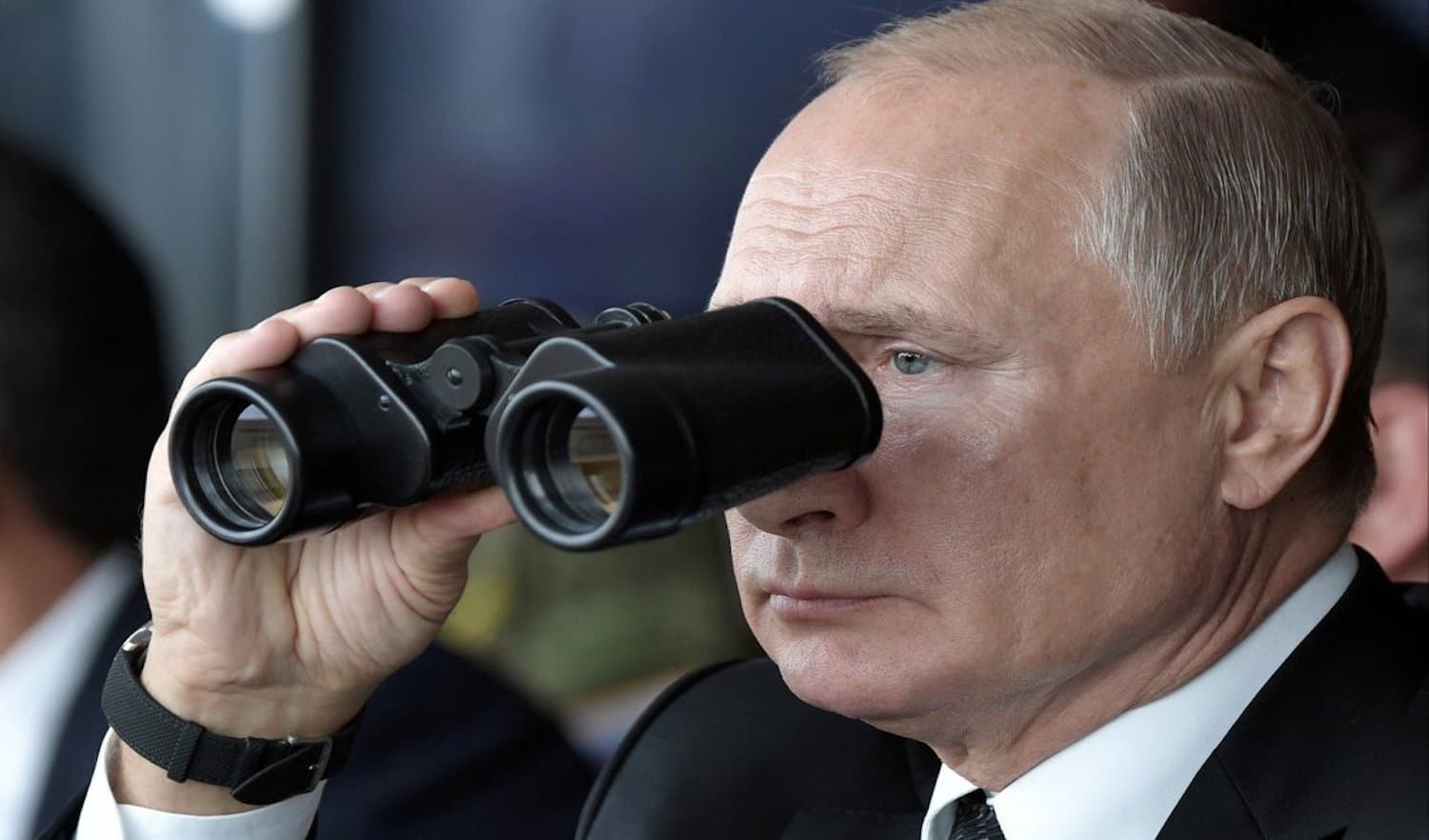TOM PLATE WRITES — Power is not always angelic. When the power to do something exists, it often gathers like a storm, ready to be unleashed. Power is also agnostic; it can be used for evil as well as for good. One thing is for certain. Without concentrations of power, not very much, for better or for worse, would ever get done.
Consolidated power can tilt towards moderation or in the opposite direction. Governments that are locked and loaded are as likely to be as embarrassingly trigger-happy as they are to act wisely. Telling examples include the United States’ retaliatory invasion of Afghanistan in 2001, and the idiotic invasion of Iraq in 2003. Without the power to do something, less might have been done, and in these cases, less would surely have been better for the world.
These days, Russia has the power to loom over Ukraine, aiming to influence, as does the US, the alliance orientation of the government in Kyiv, and so the redoubtable boss of Russia, Vladimir Putin, is tempted to use the power.
For years Russia has been noting with resentment the advance of Nato’s shadowy eminence eastwards. Putin is no student of Irish playwright Oscar Wilde, but surely he’d concur with one of his quips: “The only way to get rid of a temptation is to yield to it. Resist it, and your soul grows sick with longing …”
Washington is not only aiming to counter Moscow but is also watching whether Beijing might be in any way tempted to go along with Putin. If it didn’t possess power, its decision would be inconsequential.
But Beijing will be smart and cautious because, like it or not, it knows it must worry about its global image and soft power now that it is such a huge phenomenon with oft-proclaimed broad ambitions.
For example, whatever the Chinese government is or is not doing with Xinjiang, to many observers, things simply don’t look right. Last week, the French parliament approved a motion pressing President Emmanuel Macron’s government to condemn Beijing for “crimes against humanity”.
This partisan potshot from Paris included an allegation of “genocide”. Slanderous misuse of language or arguably correct description? The point is that the power to do either is not in doubt. Power is agnostic.
US President Joe Biden’s foreign policy team is pressing hard on Ukraine: troops are being repositioned, embassy personnel reduced. Their boss could use the perception of a foreign-policy win. (The glow and sparkle of the gutsy decision to withdraw from Afghanistan was quickly dulled by the embarrassing ineptitude of the handling of its withdrawal.) Domestically, the political ground under Biden is fickle.
It’s his instinct to plant his stance squarely in the centre of his party, however it may yo-yo from election to election. But in America today it’s harder than ever to sate the left or the right, and as the extremes move further out from the centre, Biden seems alone, isolated and disconnected.
Everything for which the Democrat from Delaware had trained over his entire career (techniques for reasoned compromise, and so on), he currently finds of diminishing utility. The long honeymoon of democracy is over.
It’s a fool’s errand to try to compare Biden, Xi Jinping, and Putin in terms of domestic mastery. The three political systems are as disparate as the three personalities.
Biden is easier to read because the American system is less opaque. The Biden problem is encapsulated by the Trump phenomenon, which is primarily a fascistic howl against the reality of the contemporary world.
Trump did fall off the mountain but at least he got to the top; on the left wing, Senator Bernie Sanders, avowed socialist, got stopped mid-climb. Thus, many are wagering on a Trump revival, but the rise of an American Left is feasible too. Problems do need to be solved; a nation cannot survive on nostalgia, silly slogans and self-deception.
It would be surprising, perhaps, but not inconceivable if over time the political left rose to new heights to overshadow the political right. The rightist Mark R. Levin, with a resume that includes Fox News, has no doubt about the coming challenge.
In his latest alarmist tome, American Marxism, he writes: “American Marxism has adapted the language and allure of utopianism … Indeed, the economic and cultural agenda driven by President Joseph Biden and the Democratic Party provide ample examples of this ideology and behaviour at work … So, too, does their demand for absolute one-party control over the body politic …”
Decades hence, Sino-US relations might prove less confrontational and nasty. In a de facto one-party culture, America just might wind up looking more like China – just as China, economically speaking, has come to resemble the entrepreneurial aspects of America already.
That they could wind up politically closer than anyone thinks possible cannot be blindly dismissed.
Power is agnostic. It could happen. History, which is also agnostic, could prove stunning.
LMU Clinical Professor Tom Plate is author of “In the Middle of the Future: Tom Plate on Asia”

